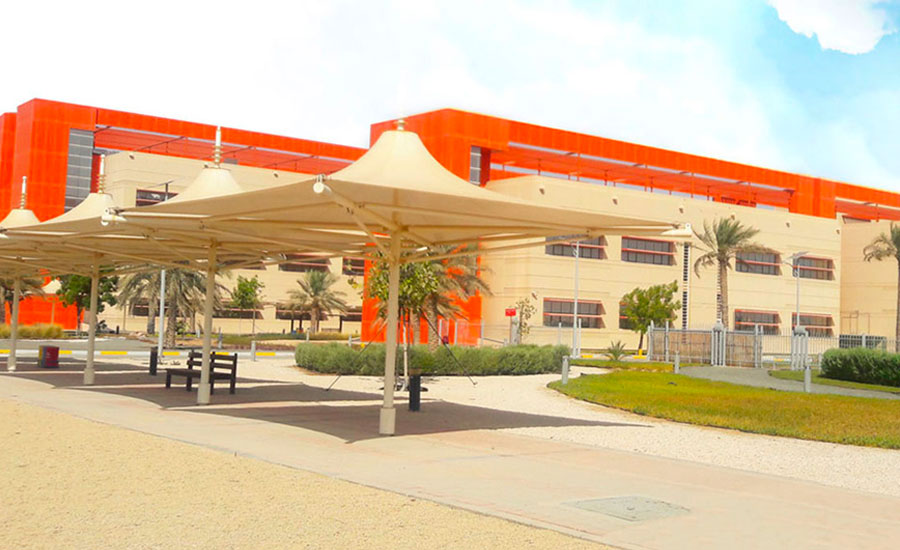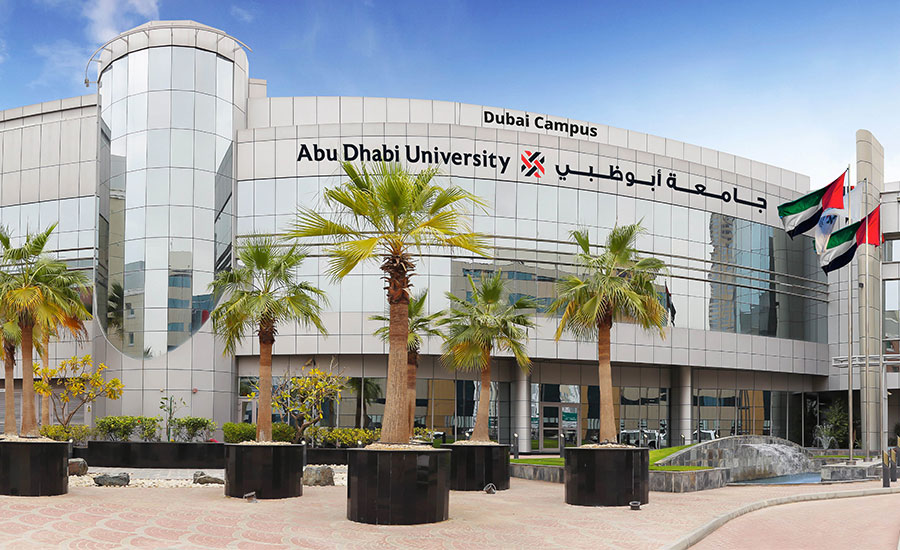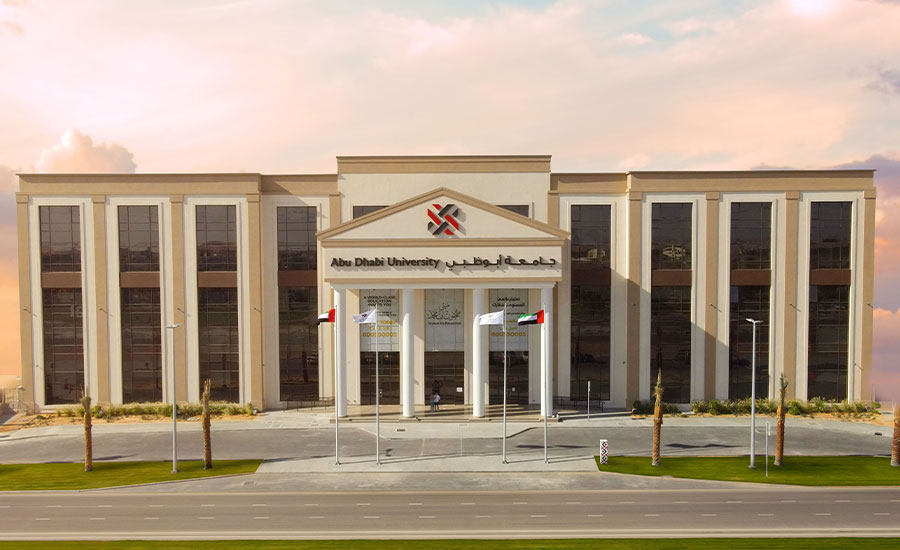The cutting-edge BSc in Laboratory Medicine (Biomedical Sciences) provides a multidisciplinary hub for innovation that integrates the fields of research, medicine, and biology.
Undergraduate
BSc in Biomedical Sciences: Laboratory Medicine |
|
|---|---|
Type |
Undergraduate |
Credit Hours |
131 |
Duration |
4 years4 -- 4
|
Language |
English |
Study mode |
Full Time |
Intake |
Spring, Fall |
Delivery mode |
Day |
Campuses |
Abu Dhabi, Al Ain |
You will gain practical experience to prepare you for a profession in this in-demand field of biomedical sciences. We offer excellent internship opportunities through affiliations with medical centers and other regional hospitals and diagnostic facilities.
About the program
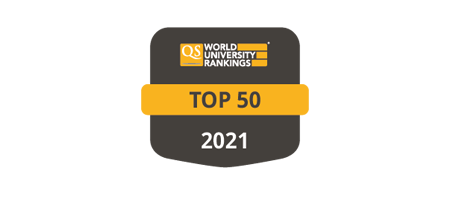
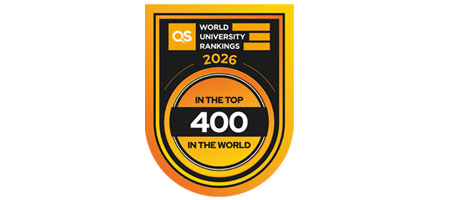


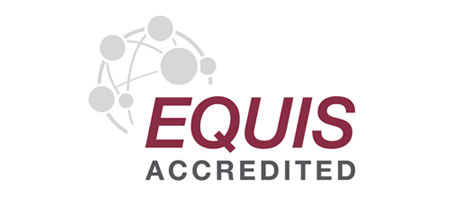
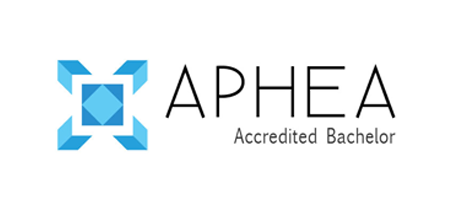
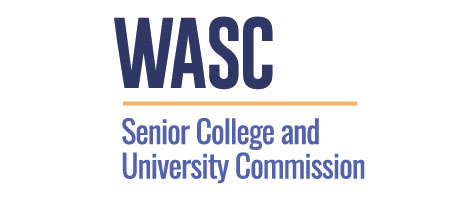

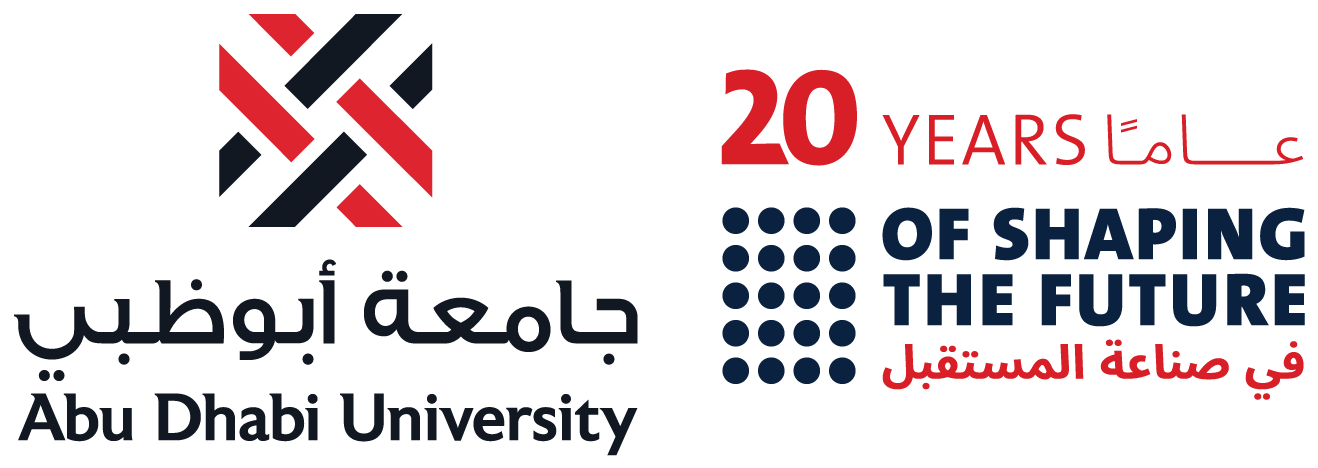
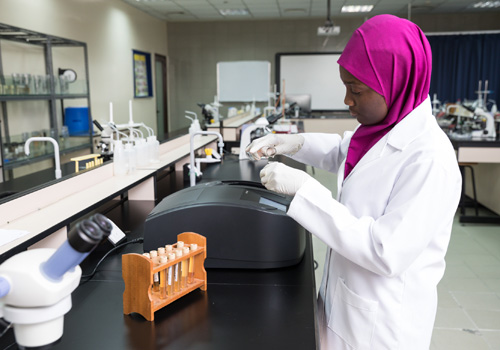
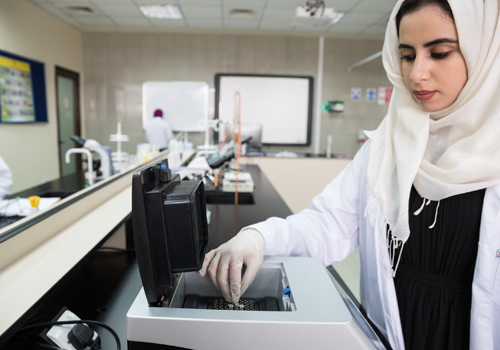
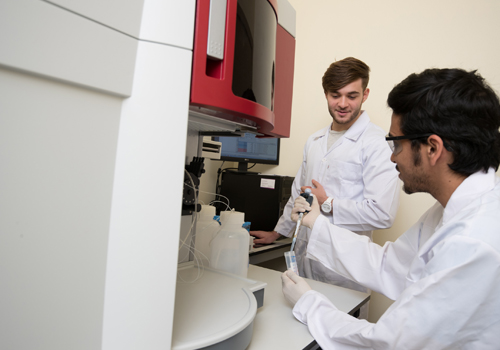

.jpg?sfvrsn=e579d59d_0)
